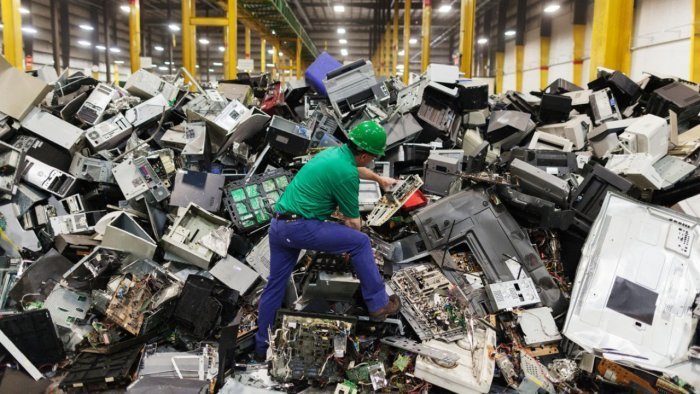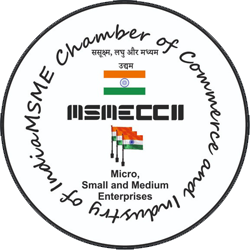The generation of electronic waste has been increasing faster than plastic waste, with e-junk witnessing 31% annual growth in India, the government said.
In 2018-19, the plastic waste was 33 lakh tonnes. The annual plastic waste in 2019-20 has increased by one lakh tonnes to 34 lakh tonnes. The generation of plastic waste increases by 3% each year, said the Ministry of Environment and Forests.
The ministry said according to Central Pollution Control Board (CPCB), the growth rate of this e-waste is even higher. This waste was 7.71 lakh tonnes in 2018-19 and 10.14 lakh tonnes in 2019-20. This is an increase of about 31%.
Approximately 15.8 lakh tonnes per annum of plastic waste is recycled and 1.67 lakh tonnes per annum is co-processed in Cement Kilns, said the government.
There are 468 authorised dismantlers/recyclers in 22 states having a processing capacity of 13.85 lakh tonnes of e-waste in the country. said the ministry.
The e-Waste (Management) Rules were notified in 2016 which got amended from time to time. So far, the Environment Ministry has notified 21 types of electrical and electronic equipment (EEE) as e-waste.
In the recent Parliament session, Minister of State for Environment, Forests and Climate Change, Ashwini Kumar Choubey in his reply to Kerala Rajya Sabha member V Sivadasan (CPM) said no study has been carried out by Central Pollution Control Board (CPCB) to assess the damage caused to the environment by e-waste.
However, the electrical and electronic equipment (EEE) after their useful life does not cause any harm to health and the environment if it is stored safely in households/stores. If the end of life EEE (e-waste) is opened-up and unscientific methods are used for extraction of precious and semi-precious material from it, then it causes health risks and damage to the environment.
The CPCB conducted a study ‘Impact of Plastic Waste Disposal on soil and water quality at Lucknow dumpsites’. It was observed in the study that dumping of plastic waste may deteriorate the soil and underground water quality due to the leaching of additives, colours, stabilisers and fillers present in different categories of plastic products.
Taking serious note of the complaint against e-waste recycling industries for not following norms while handling electronic waste, the National Green Tribunal has directed all the state pollution control boards to file status reports on the operation of such units.
Source: =”https://www.deccanherald.com/national/generation-of-e-waste-in-india-sees-31-annual-growth-1081505.html” target=”_blank” rel=”noopener”>www.deccanherald.com










Leave a reply